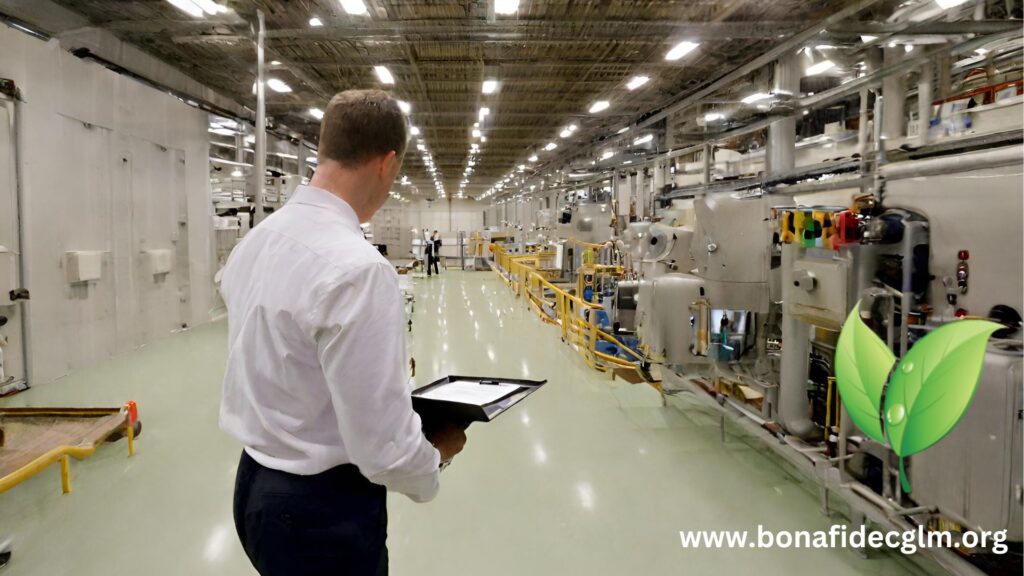What Do Facilities Managers Do?
In the day-to-day activity of a bustling building, facility managers play an often overlooked yet indispensable role, ensuring the seamless functioning of the spaces we work in. But what exactly does a facilities manager do? Lets examine some key roles and responsibilities.
The DNA of Facilities Management
Facilities management encompasses a wide range of responsibilities, including:
- Strategic Planning: Aligning facility operations with business objectives, ensuring efficiency and cost optimization.
- Security: Enhancing safety through surveillance, access control, cybersecurity, and emergency response plans.
- Maintenance and Repair: Keeping facilities in pristine condition through proactive maintenance, timely repairs, and emergency response.
- Energy Management: Minimizing energy consumption and maximizing sustainability through innovative solutions.
- Space Management: Optimizing space utilization, ensuring a balance between functionality and comfort.
- Compliance Management: Ensuring adherence to safety regulations, environmental standards, and industry best practices.
An Intricate Web of Operations
Facilities managers orchestrate a symphony of services to keep facilities humming smoothly. These services include:
- HVAC: Maintaining optimal temperatures, ventilation, and air quality for employee well-being and productivity.
- Electrical Systems: Ensuring reliable power distribution, lighting, and emergency backup systems.
- Plumbing: Preventing water damage, maintaining hygiene, and ensuring compliance with sanitation standards.
- Cleaning, Janitorial, and Landscaping Services: Keeping facilities spotless and disinfected, trimmed and green, fostering a healthy and inviting environment.
- IT and Integrated Electronic Systems: Optimized, updated, and synchronized systems ensure ease of use and reliable function.
Common Misconceptions
Facilities management is often misunderstood as a purely administrative role. However, in reality, it requires a unique blend of technical proficiency, strategic thinking, and diligent problem-solving efforts. Facilities managers are the unsung heroes who ensure that businesses operate smoothly, employees work in comfortable and safe environments, and visitors are greeted with a professional and inviting atmosphere.
Frequently Asked Questions:
Do Facilities Managers Need a Specific Qualification?
While formal education in facilities management is beneficial, it is not mandatory. Many facilities managers gain the necessary knowledge and skills through practical experience and industry certifications. However, expanded training is becoming a must as technology innovations continue to provide new ways to integrate and optimize facilities. These technologies can include parking automations, maintenance scheduling and tracking, real-time equipment efficiency reports, compliance management, and so on.
What are the Challenges Facing Facilities Managers?
Facilities managers often face challenges such as budget constraints, evolving technology, and the need to balance sustainability with operational efficiency.
Can Facilities Management Contribute to Employee Morale and Productivity?
Yes. An efficient facility is often taken for granted until there’s a security breach, HVAC failure, understocked inventory or the like. When employees can focus on their jobs without distraction, a building is serving it’s purpose, as is the facility management crew.
Simplify TFM with Bona Fide Conglomerate
If your enterprise seeks a Total Facilities Management (TFM) partner that combines expertise, excellence, and an unwavering commitment to customer satisfaction, Bona Fide Conglomerate stands ready to serve. Our team of highly skilled facilities managers is dedicated to delivering exceptional solutions that will transform your facilities into thriving hubs of productivity and innovation. Connect with us today and experience a Bona Fide difference.

